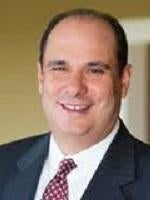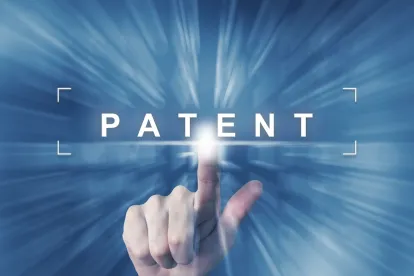The United States Supreme Court clarified that 28 U.S.C. § 1400 is the exclusive venue statute for patent infringement cases, so the definition of “residence” for domestic corporations is limited to where they are incorporated. This will significantly impact where a US company can be sued in a patent case because the venues will be limited to its state of incorporation and/or the district(s) where it has allegedly committed acts of infringement and has a “regular and established place of business.”
On May 22, 2017, the US Supreme Court handed down its highly anticipated opinion in TC Heartland LLC v. Kraft Foods Group Brands LLC. Justice Clarence Thomas authored the Court’s unanimous opinion that answered the question of what constitutes “residence” for purposes of venue in a patent infringement lawsuit: For a domestic corporation, only its state of incorporation. While this decision changes the way courts have been applying the venue statute in patent cases for decades, there remain several important open issues, discussed below.
The issue that was resolved in TC Heartland involved the venue (judicial district) where a patent case may properly be brought and, more specifically, the interplay between two different venue statutes. On one hand, the general venue statute (28 U.S.C. § 1391) states in subsection (b) that “a civil action may be brought in [] a judicial district in which any defendant resides.” Subsection (c) of Section 1391 further provides that a defendant “shall be deemed to reside [] in any judicial district in which such defendant is subject to the court’s personal jurisdiction with respect to the civil action in question.” If applicable, Section 1391 allows patent actions anywhere a defendant meets the personal jurisdiction requirements of that state. The US Court of Appeals for the Federal Circuit adopted this rule, applied for decades, in the underlying case.
On the other hand, the patent venue statute (28 U.S.C. § 1400) states in subsection (b): “Any civil action for patent infringement may be brought in the judicial district where the defendant resides, or where the defendant has committed acts of infringement and has a regular and established place of business.” Notably missing is any further explanation of what it means to “reside” in a judicial district. However, prior Supreme Court decisions held that (unlike Section 1391) “reside” in a patent case means only where a domestic corporation is incorporated. Fourco Glass Co. v. Transmirra Prods. Corp., 353 U.S. 222, 226 (1957).
Citing Fourco, the Supreme Court reaffirmed its position that Section 1400’s venue provision is the exclusive provision controlling venue in patent infringement proceedings. The Court also noted that the current version of the general venue statute includes a savings clause that expressly states that the general provisions do not apply when “otherwise provided by law.” The Court explained that this confirmed that only Section 1400 governs patent cases.
Importantly, the opinion explained that the Supreme Court (1) was not asked to decide whether Fourco had been correctly decided; and (2) was not opining on what the proper “residence” test would be for foreign corporations or other entities (apart from traditional domestic corporations). These questions are then left for another day. Similarly, because the test for “residence” has been significantly narrowed, parties will undoubtedly begin to litigate what Section 1400 means by a defendant’s “regular and established place of business.”
In short, this opinion means that it will no longer be business as usual in patent cases around the country. Specifically, in addition to the issues listed above, it is likely that there will be:
-
a decrease in the overall number of new filings in the Eastern District of Texas;
-
an increase in the new filings in other jurisdictions, especially Delaware and California;
-
a flood of motions to transfer venue or to dismiss in currently pending cases; and
-
a shift in the focus of new filings in the Eastern District of Texas as to entities that are incorporated in Texas (or not incorporated in any state) and/or have a regular and established place of business in the Eastern District of Texas.
Companies and their attorneys will need to monitor these developments in order to implement the most effective venue strategy in patent cases.




 />i
/>i

